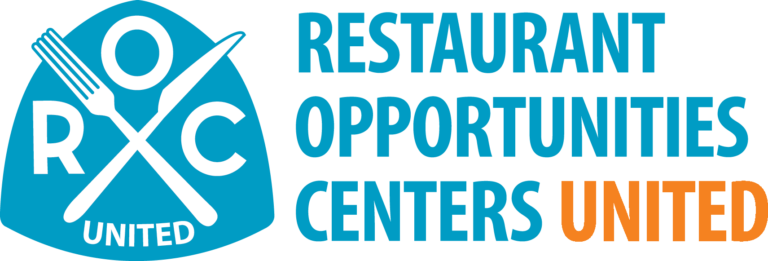CBO Report: 27 Million Working Families, including Tipped Workers, Would Benefit from $15 Minimum Wage Increase
July 8, 2019
NEW YORK, NY (July 8, 2019) – Raising the minimum wage to $15 per hour would benefit at least 27 million workers, including those who receive tips, according to a new report by the Congressional Budget Office released Monday. With higher annual earnings, CBO found that it would reduce income inequality among workers in the country and lifting out 1.3 million families out of poverty.
The predicted poverty-reducing effects of a higher minimum wage, CBO found, are consistent with the findings of other research showing that higher minimum wages lower government spending on food stamps and other public assistance. By 2025, the report added, annual earnings for workers with a $15 minimum wage would be $44 billion higher.
“The conclusion of the CBO report is clear: The benefits of gradually raising the minimum wage to $15 per hour vastly outweigh its potential costs,” said Saru Jayaraman, president and co-founder of Restaurant Opportunities Centers (ROC) United. “And even if we accept CBO’s substantially overstated calculations about employment losses, CBO found that overall low- wage workers – including millions of tipped workers – will be better off and on average have much higher annual earnings after a gradual minimum wage increase to $15. The average low-wage worker will see his or her annual earnings rise by $1,600.”
CBO revealed that of workers earning under $19 per hour and likely affected by the policy, 90 percent are ages 20 or above, and therefore most workers who would experience wage increases are working adults – and not teenagers.
Additionally, CBO showed that raising the minimum wage to $15 per hour would deliver more positive results, including:
- Only 7 percent of the lowest-wage workers would experience employment reductions, but 93 percent would remain employed at a job earning 12 percent more an hour.
- The income boost would be largest in percent terms for those at the bottom of the family income distribution.
- Because jobs will pay much more due to the minimum wage increase, even workers identified as experiencing “job-loss” could well have higher annual incomes due to the higher minimum wage.
